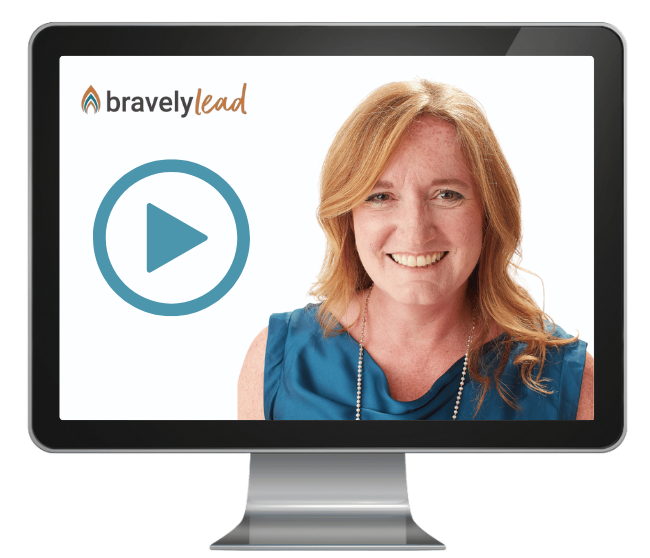“There was a school shooting in my community. How do I start the conversation?”
I was sitting in a workshop last week and a friend turned me after the Florida school shooting and told me this was her town and asked me this question. She was heartbroken, overwhelmed and at a loss about where to start doing something. When she shared her anguish, others in the group echoed her sentiments.
- Where to start making change?
- How to make a difference?
- How to have the conversation?
Let me start here. Rule #1 about brave, honest conversations is that there are no magic wands, fairy dust or a special recipe that will allow you to have a conversation and know it will all work out just fine every time. You are dealing with people, emotion and complex situations and systems. Let’s assume there is no special recipe. Just people who care deeply and who want something different. Start there with that commitment and that passion and be with them.
These are my thoughts about the brave, honest conversation that needs to happen. I might rock a few boats with these thoughts. I’m OK with that because I’m committed to brave, honest conversations that solve the problems we face in our world. I’m not committed to brave, honest conversations that put bandaids on tough issues so we can feel better for a little while until the next challenge comes along.
This is not a conversation that should only be about gun control. It is so easy to go directly to simple solutions in these tragic, heart-rending situations.
The feeling that if laws are changed and access is limited to guns this will not happen again is urgent and compelling. Doing this will probably reduce the tragedies that happen, but it won’t solve all the challenges that led to the shootings. They will keep happening.
This is not a conversation about mental health or “deranged killers”. It is so easy to focus on blame and easy targets.
The people who have committed the 18 school shootings (and 34 mass shootings) in the US in the past 2 months are human beings with pain, suffering, despair and rage that drove them to these acts. When they were losing themselves to the abyss there was no support or safety net for them. Our energy is better spent on prevention, caring and collective supports than it is on enforcement or blame. Imagine if community was there for these people before they got too far lost. The results would be hugely different.
This is not a conversation about us versus them, or whether we are with you or against you. In deeply painful situations it feels right to draw lines in the sand and say you are here with me or over there on the side of evil, but in reality we are all here in our communities together, with diverse views and values and beliefs and we need to find ways to live together and not get further apart.
Start here:
- Welcome the emotion. All of it, in whatever form it takes, however it comes. Don’t try to control it, manage it or tamp it down. Expect anger, fear, anxiety, depression, grief, confusion, disengagement, urgency. Support each other to let it all out, to be with it and not hold it in. Reach out and offer support, and receive it from others. Host and participate in conversations about healing — what does that look like? What do people need to begin to heal?
- Take action to be part of change on the easily identifiable solutions AND be part of conversations that will result in long-term sustainable change in the system. The youth that recently descended on the Florida state capitol should be celebrated and commended for their commitment, passion and desire for change. The noise they are making in the system will no doubt result in changes to laws in many places. This is a great first step, but it won’t solve all the challenges that led to these tragedies. So shake your first, march, demonstrate, sign petitions, call your local lawmaker, get on the news. And then keep working for larger change.
- We need an inclusive and brave, honest conversation where we all come together to find out what change looks like, together. Remember that long-term change means a conversation that includes all of us, including those who support the NRA, who believe in the right to bear arms, and who are not sure where they stand. If people keep demonizing the other side, and making them the enemy long-term change will never be possible. We need to sit in a room together where we look into each other’s eyes, seek to really understand someone else, learn together and find change together. What we’ve got isn’t working. So what are our options for change?
- Look into yourself and consider your role and responsibility in building a different society and community. Social isolation, disconnection, lack of social and health supports in community, a culture of blame and shame that celebrates violence and agression — these things all contribute to building systems where violence erupts. What kindness can you show your neighbour today? What role can you play in reaching out to a stranger in pain or with challenges? What responsibility can you take for choosing acts that support the whole community to be well, access their potential and feel supported?
In the end it starts with you.
Let’s build a world where people have Brave, Honest Conversations in their lives, organizations and communities so we can solve the problems we face, together.




